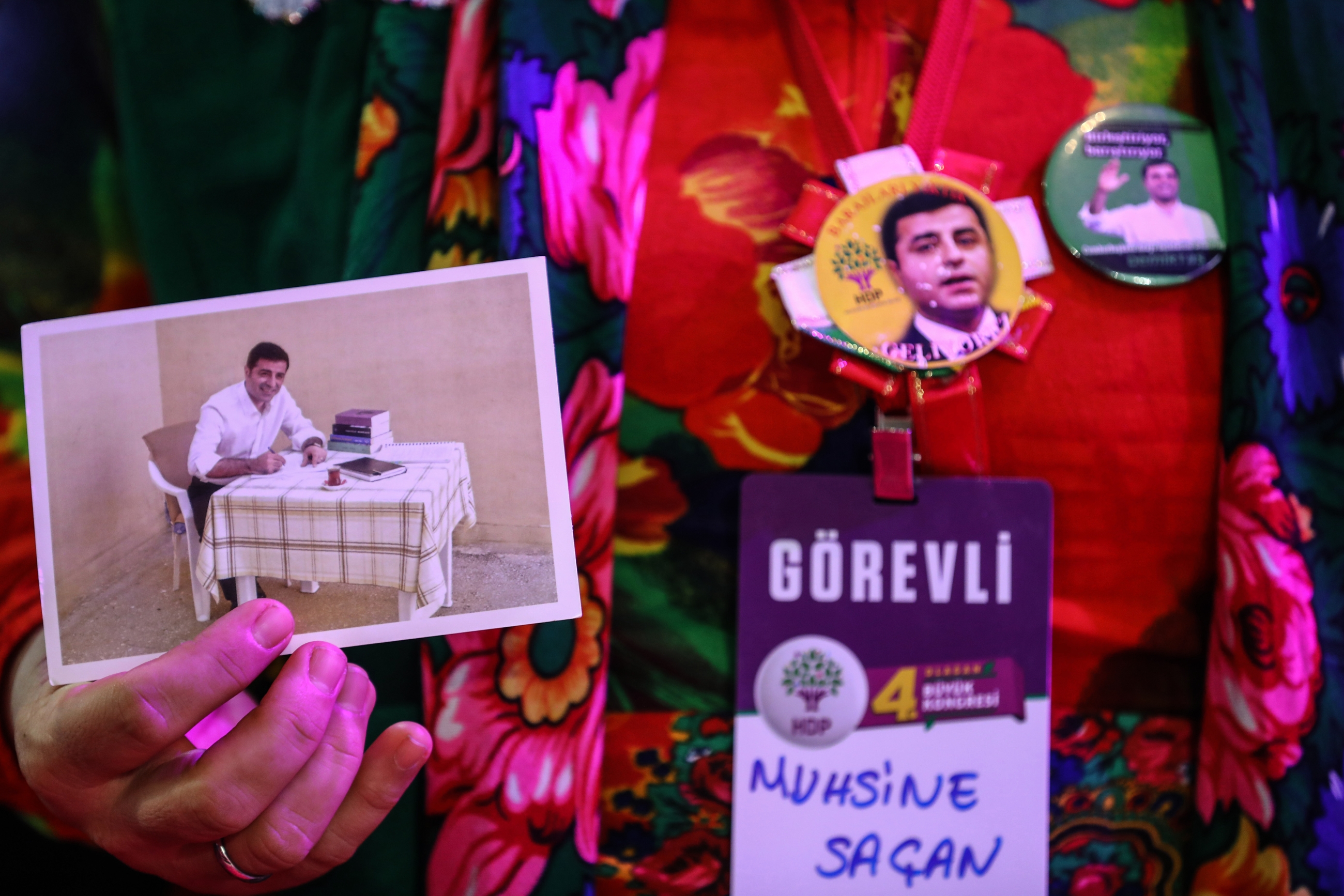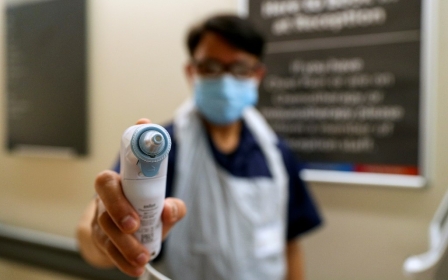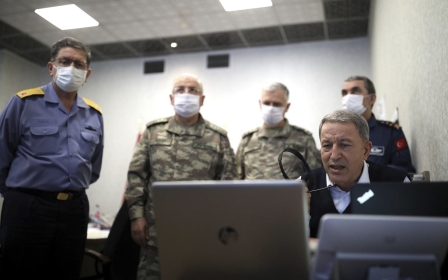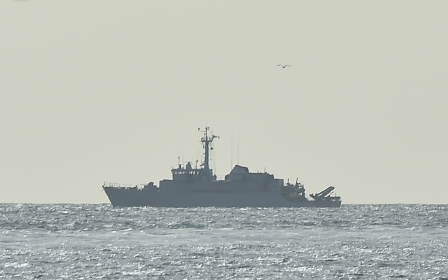Turkey's top court rules opposition leader Demirtas's jailing unconstitutional

Turkey's highest court has ruled that the imprisonment of former People's Democracy Party (HDP) co-leader Selahattin Demirtas is unconstitutional and has ordered compensation to be paid.
Ankara's 19th Heavy Penal Court already ruled on 2 September that Demirtas should be released from prison, saying his rights had been violated.
In the Constitutional Court's ruling on Friday, it upheld that decision, saying that his imprisonment had exceeded a "reasonable duration" and said compensation of 50,000 Turkish lira ($7,289) should be paid to the pro-Kurdish politician.
However, the new ruling does not mean Demirtas will be released from prison, due to a separate investigation and arrest order.
'Because the second arrest order was based on the same reason, it is no longer valid. The second detention should be ended immediately'
- Mahsuni Karaman, Demirtas' lawyer
Demirtas has been in prison since November 2016 on terrorism-related charges. He could potentially be sentenced to up to 142 years in jail if found guilty in the main case against him.
New MEE newsletter: Jerusalem Dispatch
Sign up to get the latest insights and analysis on Israel-Palestine, alongside Turkey Unpacked and other MEE newsletters
Following the original Ankara court ruling in September, prosecutors then launched a new investigation into Demirtas and requested his arrest again.
Mahsuni Karaman, one of Demirtas' lawyers, argued that although the new ruling concerned his detention up until last September, it should also apply to the second order.
"Because the second arrest order was based on the same reason, it is no longer valid," Karaman wrote on Twitter. "The second detention should be ended immediately."
In November 2018, the European Court of Human Rights (ECHR) also said Demirtas' detention had gone on longer than could be justified.
Demirtas, an ethnic Kurd from Elazig in eastern Turkey, became co-leader of the left-wing HDP in 2014 alongside co-leader Figen Yuksekdag, an ethnic Turk, who has also since been imprisoned on charges relating to terrorism.
'March for democracy'
Over the past week, the HDP has been maintaining a "March for Democracy" protest against the recent imprisonment of a number of its MPs after they were stripped of their parliamentary status.
Two branches of the march began in northwestern Edirne and southeastern Hakkari provinces respectively on Monday. In Istanbul, police detained a number of those involved in the march on Thursday.
Speaking in Hakkari at the beginning of the march, HDP co-chair Mithat Sancar accused the government of pushing a "political coup".
"We march for Leyla Guven, Musa Farisogulları and Enis Berberoglu, who were unjustly and unfairly stripped of MP status," he said, referring to the recently detained MPs.
"We are marching for our previous co-chair Selahattin Demirtas and Figen Yuksekdag, for [jailed MP] Abdullah Zeydan, Gultan Kisanak [the jailed elected mayor of Diyarbakir province], for all imprisoned journalists, intellectuals who are unfairly imprisoned. We are marching for [philanthropist] Osman Kavala. We are marching for press workers who are unfairly held behind bars."
Turkish media outlet Bianet said special operation forces and snipers were deployed around state buildings prior to the beginning of the march.
The HDP is regularly accused by the government and pro-government media of being linked to the Kurdistan Workers' Party (PKK), an armed group which has fought a guerilla war with the Turkish state since 1984.
Tens of thousands of people have died in the conflict, which has also engulfed neighbouring Syria and Iraq.
Middle East Eye delivers independent and unrivalled coverage and analysis of the Middle East, North Africa and beyond. To learn more about republishing this content and the associated fees, please fill out this form. More about MEE can be found here.




